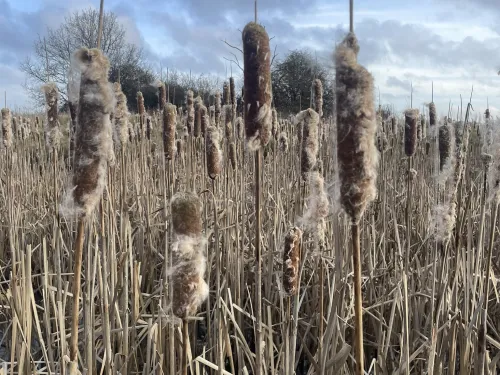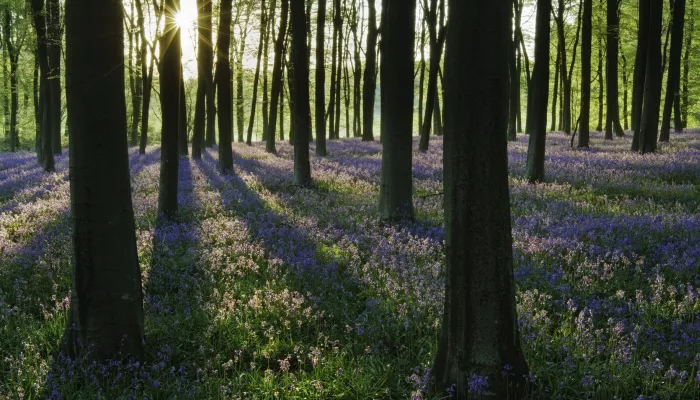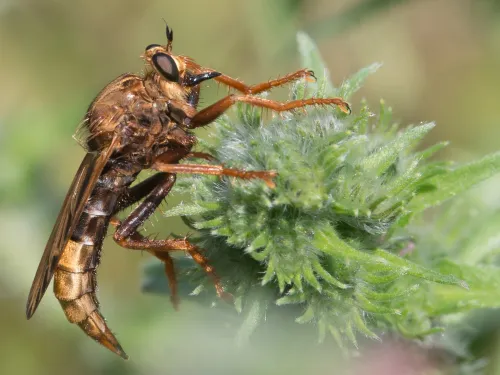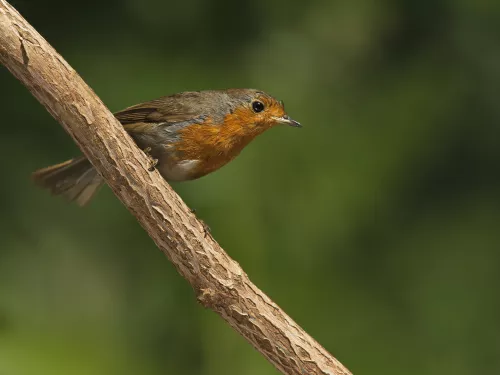
February on Hothfields: A spotlight on reed mace
It’s all happening, though it doesn’t look like it on a driech day in February. Early flowers, busy birds, hibernation easing, fungi glittering or glistening, twigs colouring, sap rising, buds swelling. And disintegration. Across the bogs, the velvety…



